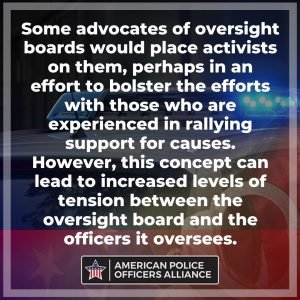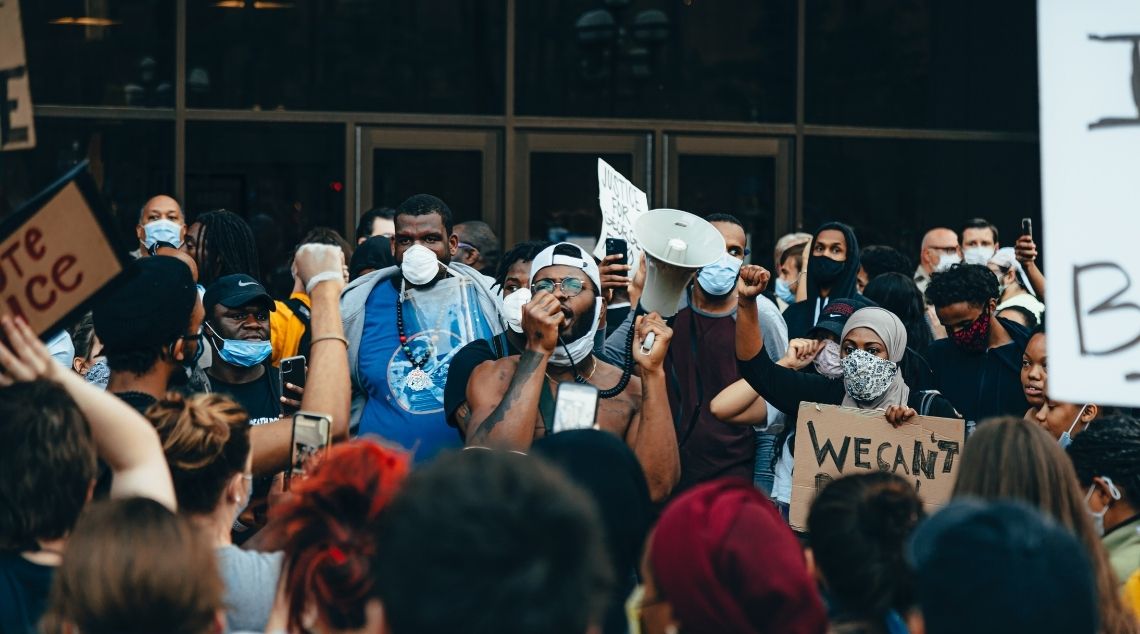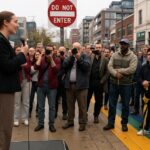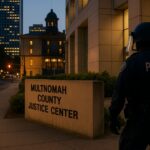As of data collected in 2016, there are approximately 144 civilian oversight boards in operation around the country in an effort to increase the level of accountability in police departments. With much national attention focused on the actions of police officers, particularly when it comes to racial tensions or potential profiling, the idea of a civilian oversight board has been supported by many who hope to promote a safer community for minorities and others frequently at odds with officers.
Many of these boards have stemmed from the idea of activism and transparency, but this has also led to much tension between the civilian boards and the officers they oversee. While the powers that these oversight boards have varies and is often limited, putting them in place is an effort to open up police operations for outside investigation should a questionable situation arise.
Some advocates of these oversight boards would place activists on them, perhaps in an effort to bolster the efforts with those who are experienced in rallying support for causes. However, this concept can lead to increased levels of tension between the oversight board and the officers it oversees. While there may not be a singular solution to the issue, it is necessary to ensure that the right people are placed on the civilian oversight boards and that all processes are laid out clearly and fairly.

One example to pull precedent from is that of the Nashville civilian oversight board. One of the stronger boards in the country, this board was initially given an annual budget of at least $1.5 million, and eight spots on the board were designated for community nominees. The current board is a mix of former police officers and other community members with experience in human rights advocacy or legal work.
The Nashville board was created after racial tensions threatened to ignite the city and turn civilians against police officers. After experiencing corruption among law enforcement and political offices, the board saw some setbacks and pushback from those who opposed its power. However, much of the inspiration for this board stemmed from the Black Lives Matter or the “Driving While Black” movements. Tensions between police and the black community ignited a fire under advocates who saw a real need for more accountability from police officers.
Having activists on these oversight board may skew the fairness of any investigations that are launched. The idea of having a board at all is something that police departments have mixed opinions on. In an effort to create a safe community and one in which all citizens have equal rights and treatment from law enforcement, these boards may be necessary. In fact, a board with the right amount of investigative (and, potentially, disciplinary) power can do a lot to improve community relations and perception of law enforcement.
In the name of fairness, however, placing activists on these boards may end up doing more harm than good. With tension already in place between organizations such as the Fraternal Order of Police and civilian oversight boards, it’s important to create environments that promote accountability but not conflict.









